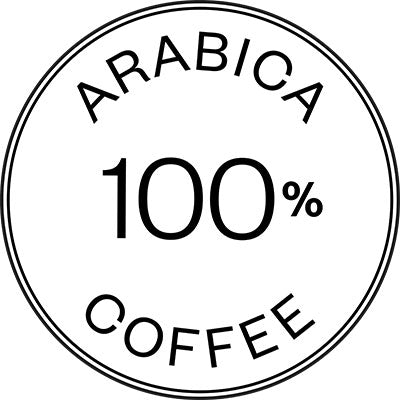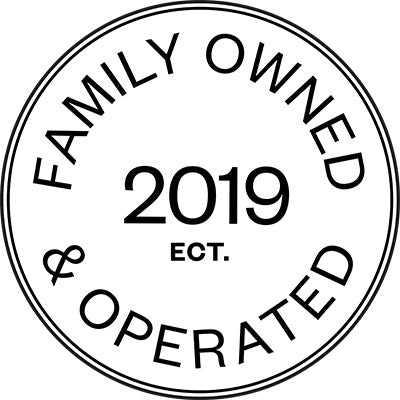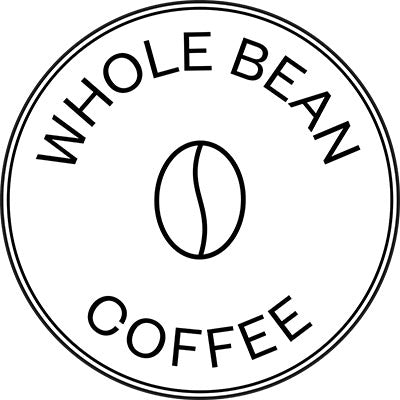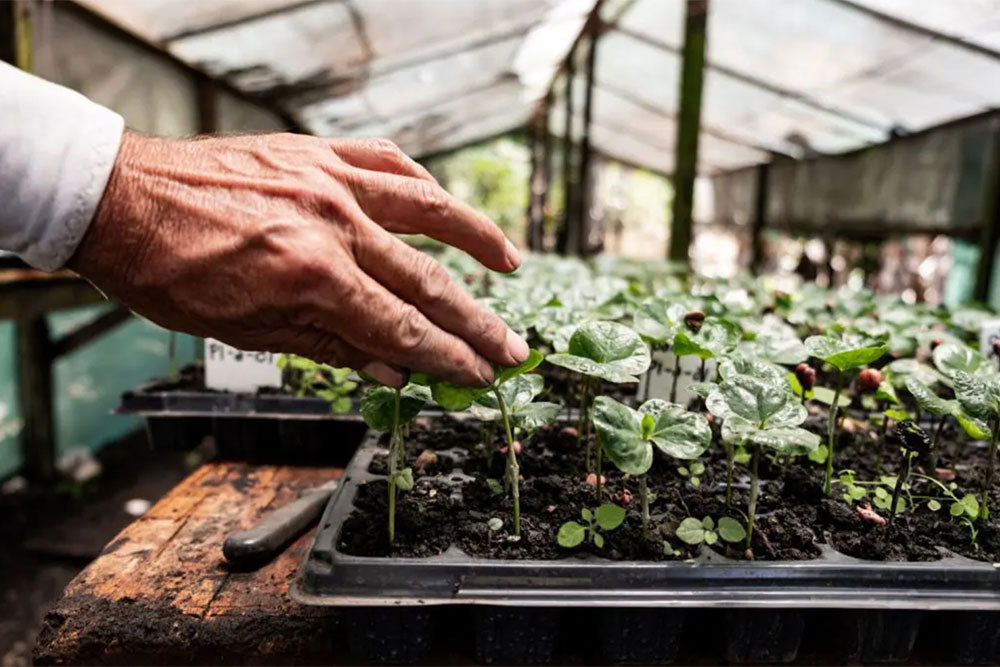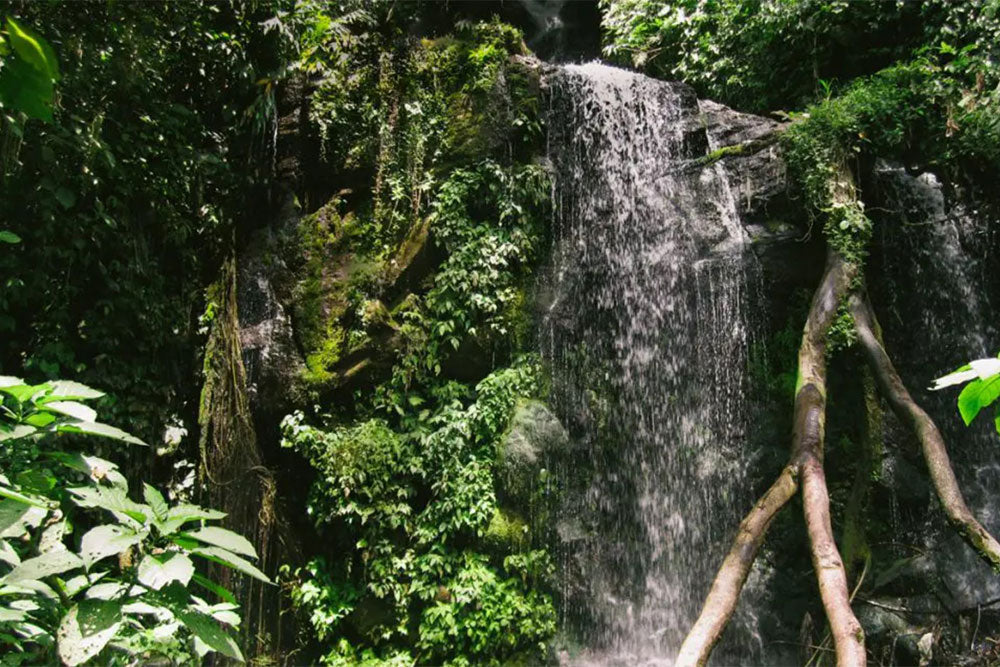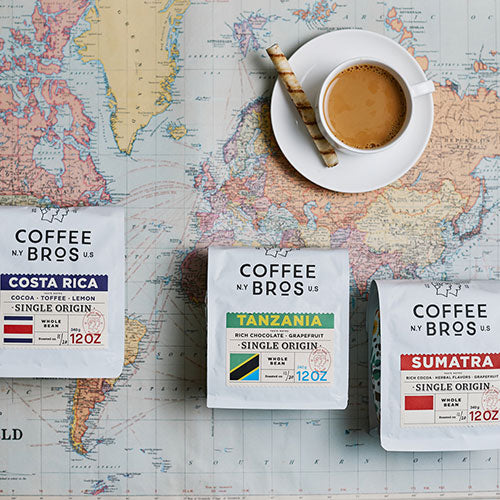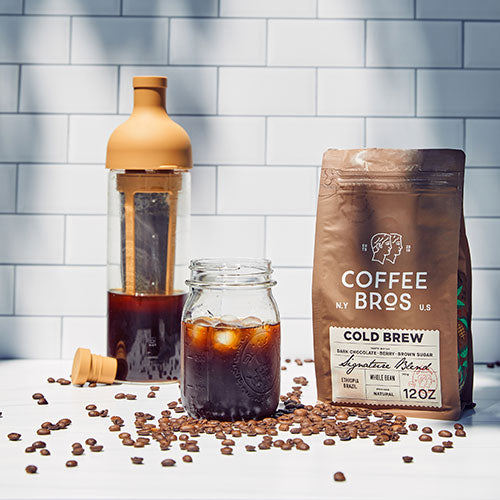Costa Rican | Aquiares Estate | Red Honey
Couldn't load pickup availability
Coffee Details
Coffee Details
Taste Notes: Caramel, Peach, Raspberry, Roasted Hazelnut
Producer: Aquiares Estate
Certification: Carbon Neutral Farm
Relationship: First year working with Aquiares Estate through Ally Coffee
Process: Red Honey
Roast Profile: Medium
Agtron: 63.1 (Medium)
Origin: Turrialba, Costa Rica
Varietal: Centroamericano H1 (F1 Hybrid)
Altitude: 1,200 masl
Roast Days & Orders
Roast Days & Orders
Next Roast Dates: (all coffee sent will be within five days of roast date)
- Roasts weekly every Saturday
Orders: All orders placed will be shipped the next day (excluding Sunday) if there is inventory; otherwise, your order will go out on our next roast day each Saturday.
Description
Description
Microlot Coffee: Our Single Origin Microlot Coffees are sourced from high-end limited-edition lots and are traceable down to an individual producer
Arabica Coffee: Our Single Origin Coffees are made from 100% Arabica coffee beans.
Flavor First: We source all our coffee to achieve specific taste notes. Our Costa Rican Microlot tastes of caramel, peach, raspberry.
Always Fresh: The coffee you're enjoying right now, was only recently harvested from our favorite coffee farms.
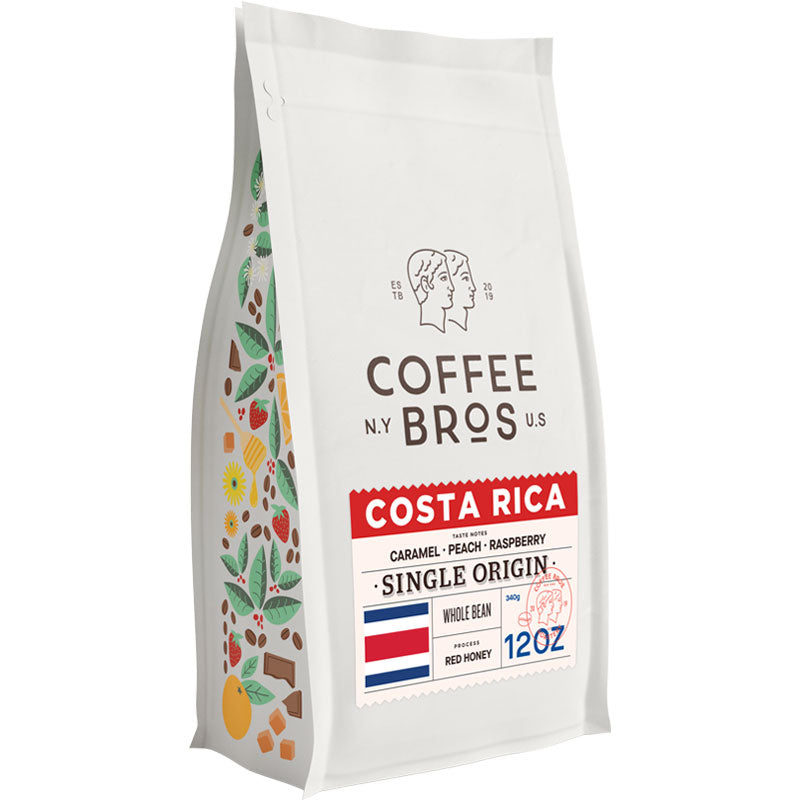
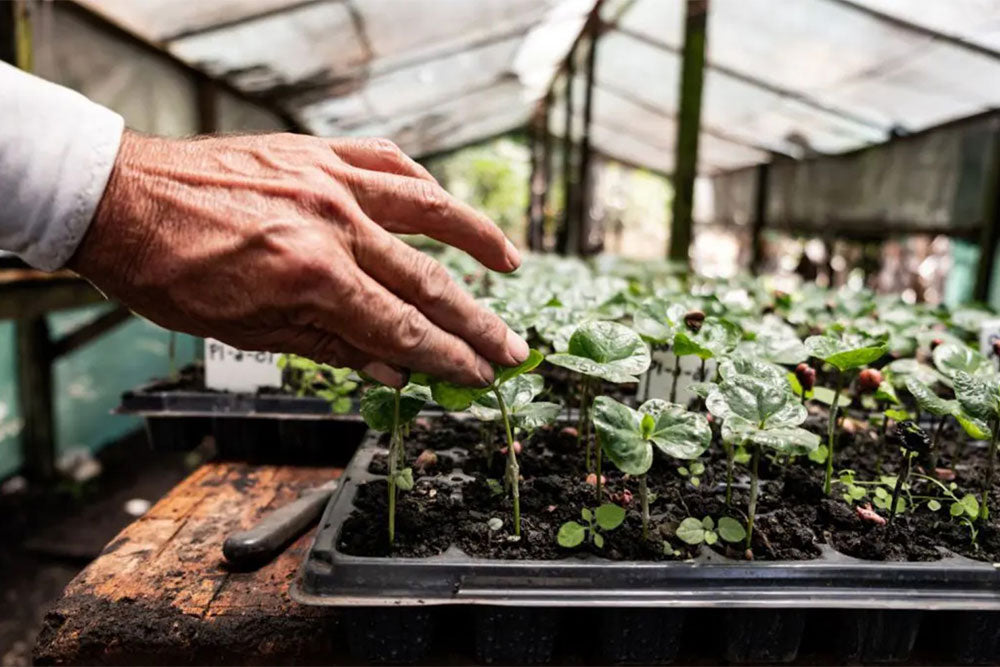
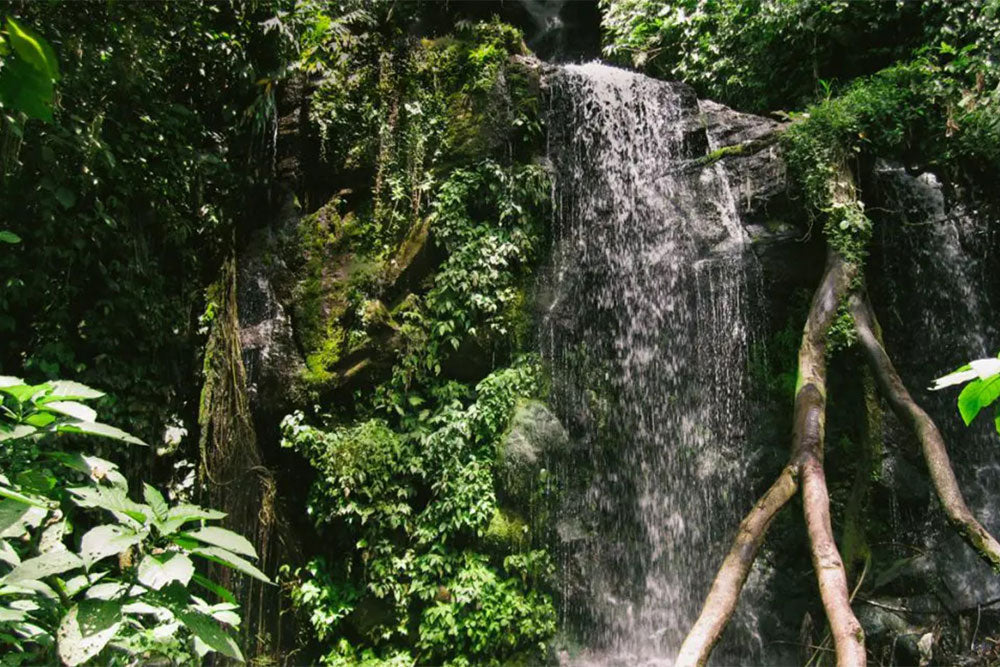
Details
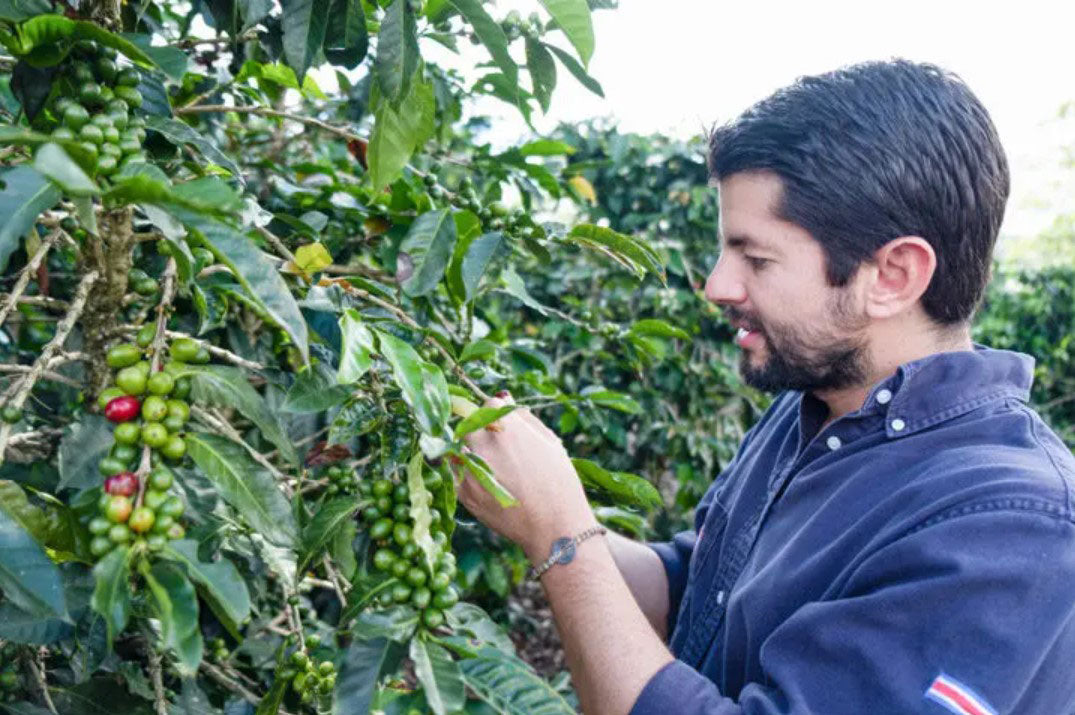
Aquiares Estate
Aquiares Estate, also known as “Aquiares Coffee and Community,” is Costa Rica's largest coffee farm and houses 1,800 residents. The estate, established in 1890, was transformed by Alfonso Robelo in the late 20th century. A political refugee from Nicaragua, Alfonso fled to Costa Rica during the civil war and began developing the community on the fertile slopes of the Turrialba volcano. He revolutionized the farm-worker relationship by empowering employees to own their homes, thereby enhancing their commitment to quality coffee production.
Under the stewardship of Alfonso’s son, Diego, Aquiares has embraced specialty coffee, adopting innovative agricultural practices and experimenting with new coffee varieties. The farm is a leader in sustainable agriculture in Central America, emphasizing carbon neutrality and meticulously measuring its greenhouse gas emissions to ensure they are offset, in line with Costa Rica's climate action policies.
Aquiares also maintains protected biological corridors to support local wildlife and collaborates with global researchers studying agricultural and environmental sustainability. These projects explore agroforestry's impact on soil health and the biodiversity within coffee farming systems, positioning Aquiares as a model of environmental responsibility and agricultural innovation.
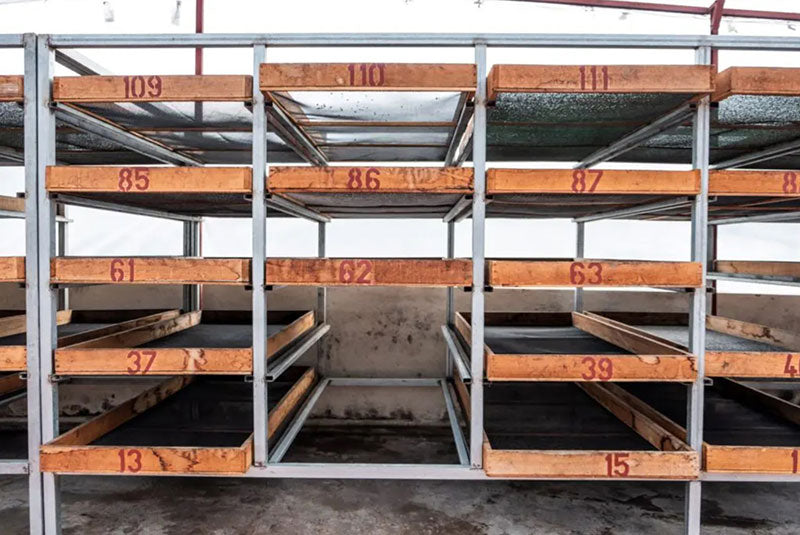
Red Honey Process
In honey processing, the outer skin of the coffee cherry is removed while the sweet mucilage layer is left on the bean as it dries. The term "red" describes the mucilage's hue as it dehydrates on the beans. This layer is eventually removed along with the parchment during the milling process, but by that time, the sugars from the mucilage have infused the bean, enhancing the complexity of the coffee's flavor. Aquiares' Red Honey coffee is dried on elevated beds over a period of 18–24 days.
Frequently Asked Questions
Is the roast date printed?
Yes, our roast date is printed on the bottom of each bag.
Is the coffee roasted to order?
Yes, we currently roast all orders twice a week (Tuesday and Saturday).
Is coffee seasonal like produce?
Just like produce, coffee can have multiple seasons and harvests depending on the country of origin. We source all our raw materials during the current and optimal season.
Where do you currently source your coffee from?
Brazil, Colombia, Ethiopia, Kenya, Tanzania, Costa Rica, Sumatra, Honduras, Nicaragua


